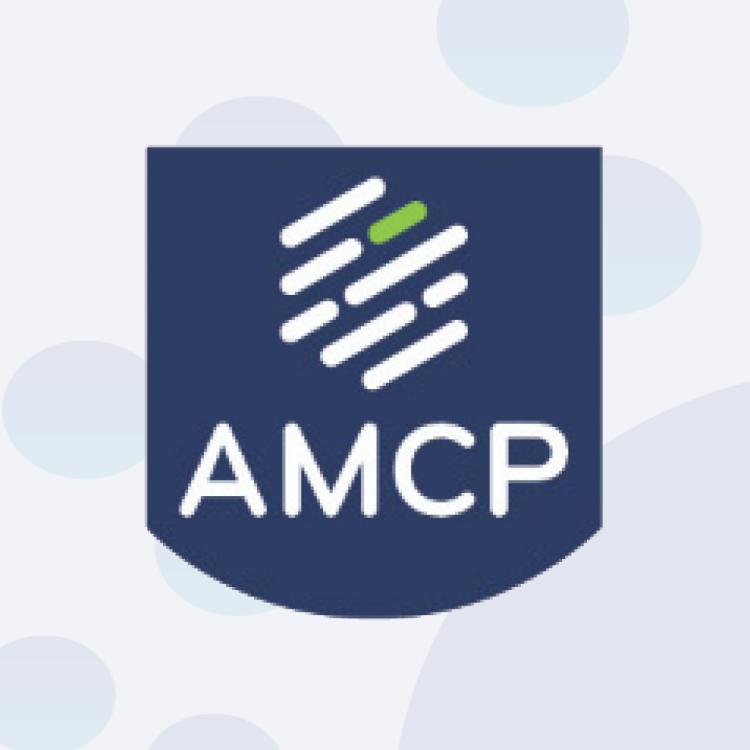Roughly 30 million people in the United States are living with a rare disorder, defined as a disease that affects a population of fewer than 200,000 people. Most of the 7,000 types of rare diseases still lack treatment options, although significant steps have been made via breakthroughs in cell and gene therapies and other innovative treatments. By 2024, these treatments are expected to capture as much as one-fifth of the world’s prescription medicine market, yet patients are still facing access challenges.
These challenges include affordable and timely access to therapies, provider networks, coverage, care coordination and clinical expertise. Last fall, 35 representatives from health plans, integrated delivery systems, health policy researchers, providers, patient groups, academicians and manufacturers met virtually for an Academy of Managed Care Pharmacy (AMCP) Partnership Forum to discuss viable solutions to these challenges.
The National Pharmaceutical Council’s Vice President of Research Mike Ciarametaro and Senior Research Associate Brian Sils were among the participants.
Specifically, Forum participants engaged in a dialogue on identifying key barriers around access and coverage for rare disease therapies and developing recommendations on how to manage one-time versus long-term treatments in managed care settings. Attendees analyzed case studies and lessons learned to identify opportunities to maintain the affordability of treatments for rare diseases.
They created a set of best practices and next steps for the appropriate management of treatments for rare diseases, including strategies such as:
- Consider both FDA approval requirements and payer evidence needs as early as possible in the drug development process.
- Increase transparent, timely and consistent pre-approval communication between manufacturers and health care decision makers to improve planning around investigational products for rare diseases.
- Use all available evidence—including input from physician experts, patient advocates, real-world evidence and multidisciplinary groups-- throughout the evidence review and coverage development process.
- Bring treatment centers into the planning process earlier and use centers of excellence to ensure access and seamless care coordination, especially with one-time therapies.
- Assist stakeholders with toolkits organized by disease and conduct ongoing horizon planning and education.
Read the full report on the AMCP Forum’s proceedings and recommendations in the Journal of Managed Care and Specialty Pharmacy.
